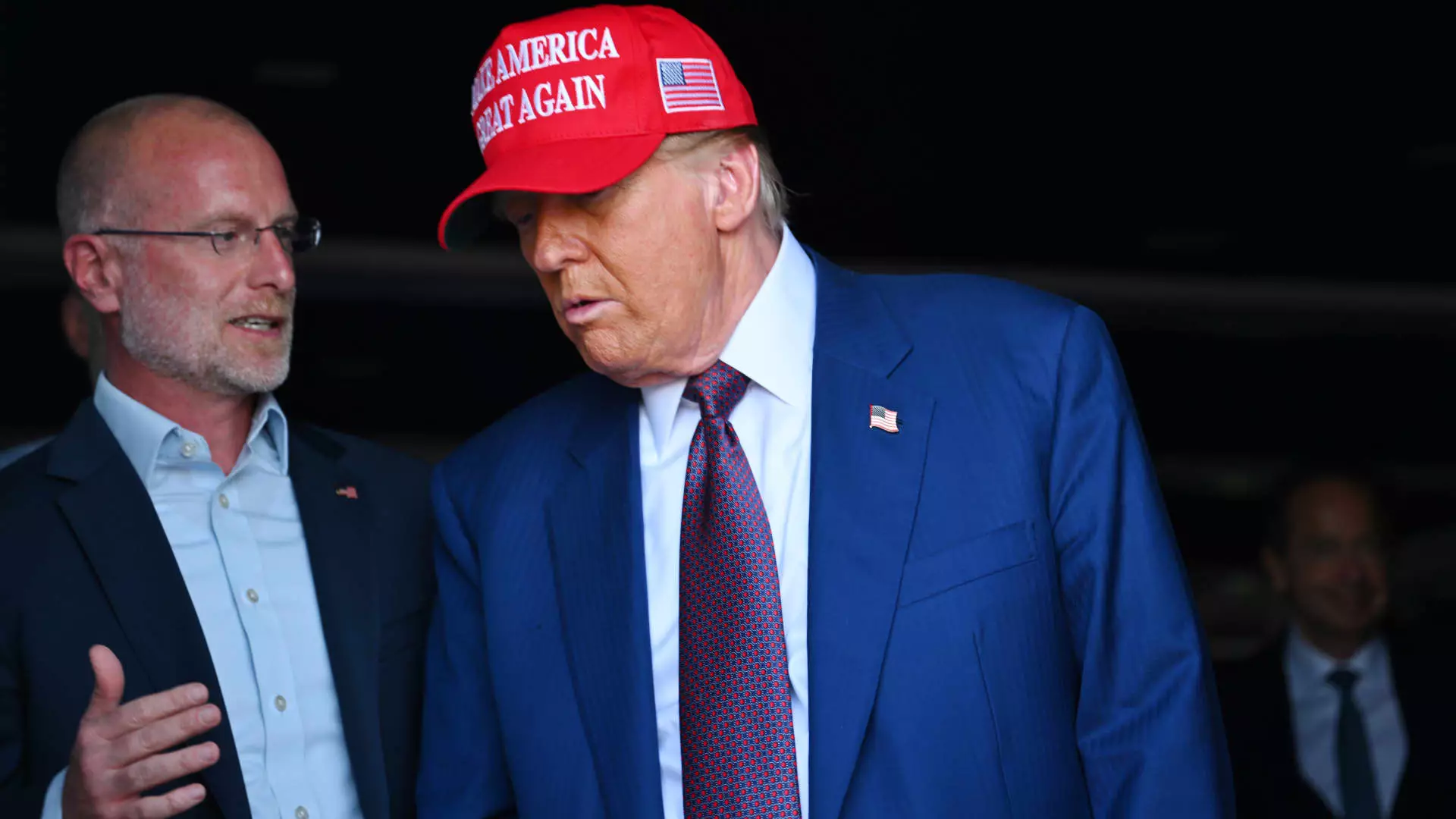FCC’s Investigation into Comcast’s DEI Practices: A Critical Examination

The recent decision by the Federal Communications Commission (FCC) to initiate an investigation into Comcast Corporation’s diversity, equity, and inclusion (DEI) initiatives raises significant questions about the intersection of corporate practices and federal regulations. This inquiry, reported through a letter sent to Comcast, highlights the broader implications of DEI strategies within major corporations, especially in light of recent political shifts aimed at curtailing such efforts. With the FCC’s regulatory oversight, the scrutiny applied to Comcast and its media subsidiary NBCUniversal reflects not just a corporate issue but also a societal dialogue surrounding inclusivity in business environments.
The FCC’s interest in Comcast’s DEI practices emerges against the backdrop of a controversial executive order signed by former President Donald Trump. This order directs federal agencies to identify companies that may be running afoul of regulations concerning DEI. As such, the FCC’s investigation can be seen as both a compliance exercise and a politically motivated inquiry. Chairman Brendan Carr, appointed by Trump, is notably positioning himself at the forefront of this investigation, raising inquiries about the motivations behind selective scrutiny of major corporations like Comcast and NBCUniversal, which operate in highly regulated sectors. This approach raises essential questions regarding the role of government in corporate governance, especially concerning social reforms and diversity.
In its response to the FCC, Comcast emphasized its long-standing commitment to DEI, portraying a narrative of corporate responsibility and integrity. The company has developed considerable infrastructure around these values, featuring initiatives such as “DEI days” and specialized training programs. However, the FCC’s concern stems from the interpretation of these initiatives as potentially “invidious” forms of DEI that might defy FCC guidelines. It compels a closer inspection of what constitutes effective DEI practices versus those that may be viewed as merely performative or misaligned with federal standards.
This dichotomy is important, as it challenges corporations to evaluate whether DEI strategies genuinely foster an inclusive environment or merely serve as a tool for public relations. The characterization of Comcast’s efforts—stated as a “core value” on its website—may play well in stakeholder engagements but needs rigorous questioning as to its alignment with tangible outcomes and compliance expectations set forth by regulatory bodies.
The landscape of corporate DEI practices has witnessed other media giants like Disney also adapting their programs to align with changing political climates and regulatory scrutiny. Disney’s restructuring efforts of its DEI focus—modifying performance measurements and rebranding initiatives—signify responses to the prevailing political atmosphere. In contrast, public broadcaster PBS has gone a step further by disbanding its DEI office entirely, claiming compliance with Trump’s executive order. This variation among organizations highlights a broader tension in the corporate world about maintaining a balance between progressive practices and regulatory compliance.
PBS’s decision, particularly, raises poignant questions regarding the dedication to inclusivity amidst external pressures. It underscores the necessity for companies to assess their cultural values and operational strategies concerning social equity robustly. Should companies rely on governmental mandates to shape their DEI policies, or should there be a proactive effort to foster inclusiveness irrespective of external influences?
The FCC’s investigation into Comcast is not just an inquiry into one corporation’s practices but signals a significant shift in how media and telecommunications companies might approach DEI moving forward. As agencies signal intentions to scrutinize corporate governance through the lens of social policy compliance, companies could face a future where their internal strategies become heavily influenced by federal oversight. This juncture invites discussions on the ethical implications of such oversight and the potential chilling effect it may have on advocacy for diversity.
The FCC’s investigation highlights the complexities of navigating DEI in a corporatized landscape subject to political fluctuations. While Comcast maintains that it is honoring its commitment to diversity, the outcome of this investigation could redefine accountability in corporate America, shaping how companies approach inclusivity in their structures and practices. For many firms, the challenge will be to advocate effectively for DEI while simultaneously adapting to an evolving regulatory landscape. What remains clear is that the dialogue surrounding corporate responsibility and federal compliance is at a critical juncture, necessitating introspection and a reevaluation of what true inclusivity looks like.





